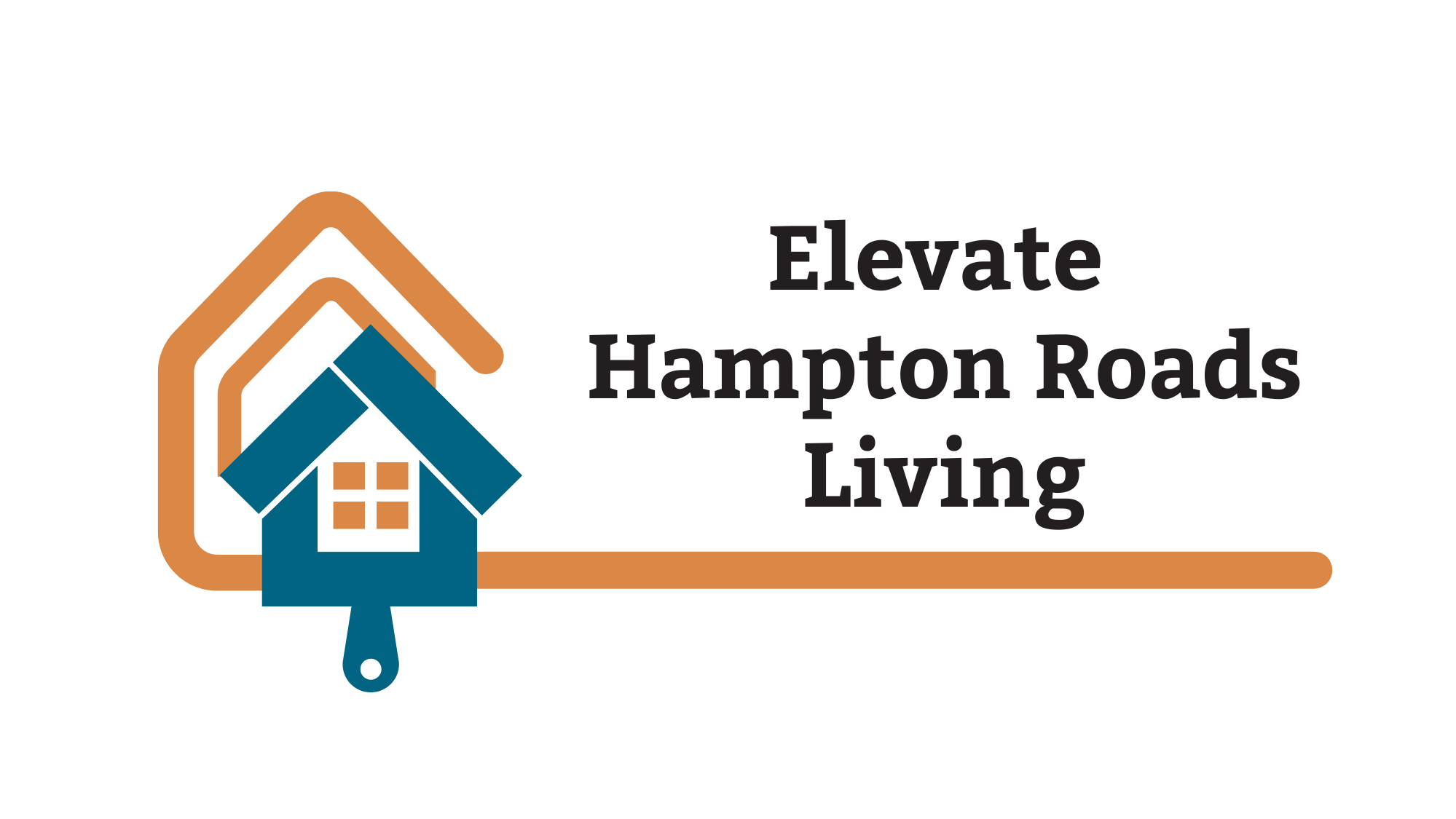
A New Hope in HIV Prevention
In a significant advancement in public health, the United States has recently approved Yeztugo, the world’s first twice-a-year injectable treatment aimed at preventing HIV. Developed by Gilead Sciences, this innovative drug, also known as lenacapavir, is touted for its potential to dramatically reduce the number of new HIV infections among at-risk populations.
The Importance of Accessibility
While this groundbreaking medication represents a promising step forward, its efficacy hinges on widespread access and adherence. Many health experts emphasize that without effective distribution mechanisms, the potential of Yeztugo could be severely curtailed. “It’s crucial that we not only deliver the drug but also ensure that patients return for their appointments,” says Greg Millett, public policy director at amfAR, The Foundation for AIDS Research.
Hurdles to Overcome
Despite the promising nature of this injectable solution, healthcare challenges loom large. Recent cuts to public health funding and foreign aid could hinder efforts to deploy this medication effectively, particularly in underserved communities, including many in the Hampton Roads metropolitan area. Regions such as Norfolk, Virginia Beach, and Newport News must be vigilant to address these gaps and advocate for comprehensive healthcare support.
Local Impact and Community Discussion
The potential of lenacapavir resonates deeply in southeastern Virginia, especially within communities that have historically faced high rates of HIV transmission. Public discussions among residents can help foster awareness of this new treatment option, ensuring that individuals understand the benefits and are encouraged to participate in ongoing preventive measures.
Understanding the Treatment
Yeztugo is administered as two injections under the skin of the abdomen, resulting in a depot that allows medication to be slowly absorbed over a six-month period. This long-acting treatment method might appeal to those who find daily pill regimens challenging, particularly in a military community where lifestyle fluctuations are common.
Emphasizing Education and Support
With the introduction of Yeztugo, an emphasis on education surrounding HIV prevention is crucial. The community must engage in discussions about sexual health, the importance of regular medical check-ups, and how to combat the stigma often associated with HIV. Support networks can provide vital resources and foster understanding, encouraging residents to consider preventive treatment as part of their healthcare regimen.
Monitoring Long-Term Success
To evaluate the long-term effectiveness of lenacapavir, continuous monitoring and a detailed understanding of its impact on local infection rates will be essential. Researchers and healthcare providers in the Hampton Roads area will need to study how this twice-a-year shot influences behavior change and its acceptance among the population.
Final Thoughts on the Journey Ahead
Yeztugo may be a game-changer in the fight against HIV, but without community buy-in and appropriate healthcare frameworks, its full potential may not be realized. As residents of southeastern Virginia become more aware of this groundbreaking treatment, proactive measures can ensure better health outcomes.
Residents are encouraged to discuss these developments in community forums and through healthcare providers to advocate for accessible and effective HIV prevention methods.
 Add Row
Add Row  Add Element
Add Element 


 Add Row
Add Row  Add
Add 


Write A Comment